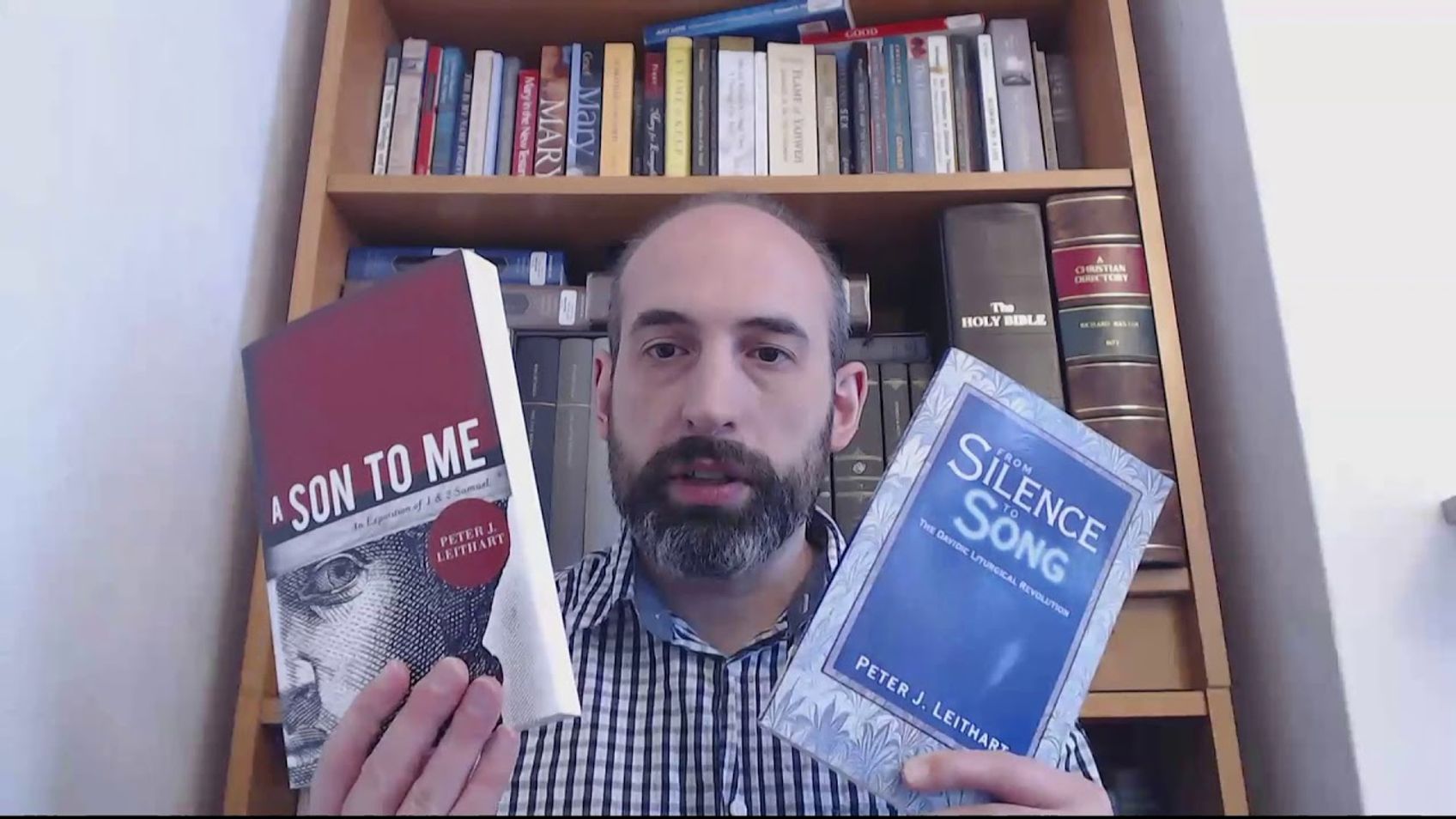Q&A#146 Did the Mosaic Covenant End at the Battle of Aphek?

Today's question: "In Peter Leithart’s A House For My Name, he says that the mosaic covenant comes to an end when the ark is taken by the philistines in 1 Samuel. Is this correct to say the covenant has ended? Or that the Lord undergoes the punishment so as to continue his covenant with them? It seems the prophets during the monarchical period assume the continued validity of the mosaic covenant. If you could provide clarification and correction that would be helpful."
Within this episode, I mention the following books:
Peter Leithart, A House For My Name - https://amzn.to/2NIQmm1
Peter Leithart, From Silence to Song - https://amzn.to/2NMal33
Peter Leithart, A Son to Me - https://amzn.to/2zNhbNE
James Jordan, Through New Eyes - https://amzn.to/2UqfK0W
My blog for my podcasts and videos is found here: https://adversariapodcast.com/. You can see transcripts of my videos here: https://adversariapodcast.com/list-of-videos-and-podcasts/.
If you have any questions, you can leave them on my Curious Cat account: https://curiouscat.me/zugzwanged.
If you have enjoyed these talks, please tell your friends and consider supporting me on Patreon: https://www.patreon.com/zugzwanged. You can also support me using my PayPal account: https://bit.ly/2RLaUcB.
The audio of all of my videos is available on my Soundcloud account: https://soundcloud.com/alastairadversaria. You can also listen to the audio of these episodes on iTunes: https://itunes.apple.com/gb/podcast/alastairs-adversaria/id1416351035?mt=2.
More From Alastair Roberts

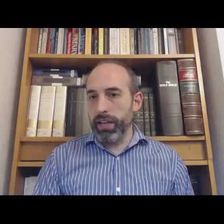
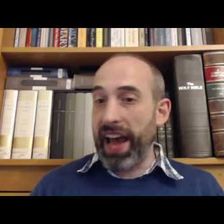
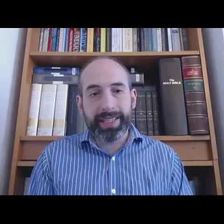

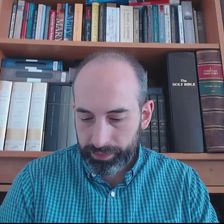
More on OpenTheo















